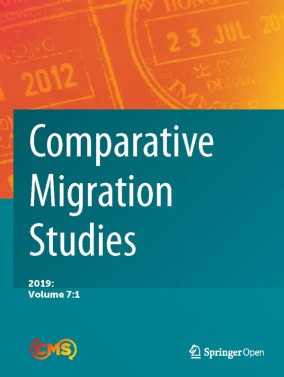Journal article
Migration aspirations and their realisation: a configurational driver analysis of 26 African and Asian research areas

‘Tackling the root causes’ of migration has emerged as a central strategy for the European Union to manage the movements of people from middle- or low-income countries. While the effectiveness of this approach remains a subject of debate, the field of migration studies has highlighted the interplay of multiple migration drivers, or driver complexes, rather than singled out'root causes'. However, empirical research has yet to assess the specific configurations and interactions of these driver complexes across diverse emigration contexts, and also, whether policy interventions have any impact in reducing migration aspirations and actual emigration. This paper employs Qualitative Comparative Analysis (QCA) to assess the complexities surrounding migration aspirations and realizations in 26 research areas spanning ten African and Asian countries. Following the two-step model of migration, the study identifies necessary and sufficient conditions explaining regional disparities in emigration aspirations and intensity. The analysis explores how structural hardships such as poverty, poor livelihoods, insecurity, conflict, weak governance, and environmental stress interact with socio-cultural factors such as transnational ties and cultures of migration. We find that such hardships alone are not necessary or sufficient for driving migration aspirations or actual out-migration. Migration aspirations are influenced by a complex interplay of socio-cultural and political-economic factors. Within this dynamic, both migration networks and international ties as well as the relative absence of migration-discouraging policies play central roles. At the same time, even a deeply rooted culture of migration and strong migration aspirations are per se not sufficient in generating high levels of out-migration.
Read the article here: Comparative Migration Studies



